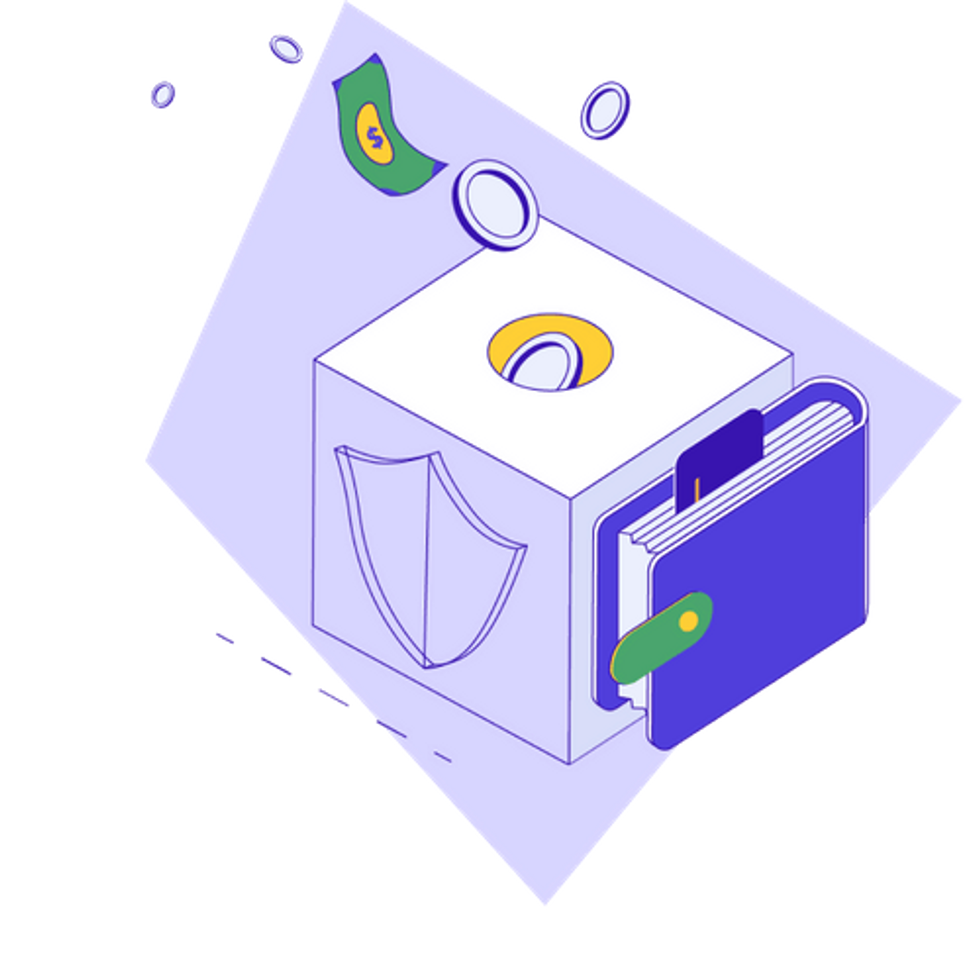.
Most people have financial goals they want to achieve. It could be getting out of debt, saving for a house, or maintaining a certain standard of living. However, when your finances are out of whack, your goals can be much harder to grasp.
The bright side is that taking control of your finances takes time and dedication. But doing so will change your life for the better. Here are a few ways to increase your money management skills.
1. Figure Out Ways to Get "Free" Money
If someone were to hand you a lump sum of money with no strings attached, you wouldn't ask any questions. Unfortunately, in today's times, those moments are few and far between. As the old saying goes, "where there's smoke, there's fire," and scammers are likely trying to get something out of you by offering money without stipulations.
Now, there are ways to get free money without interacting with cybercriminals, and that involves using Cash App. If you haven't used it before, it's an app that people use to pay for services or share money with family and friends. You can also use it for a few extra bucks. Here's how to get free money on Cash App:
- First, ensure that you have a Yotta account and card
- Link it with your Cash App
- Use your Yotta funds as the primary source for purchases
When you buy an item through Yotta, you'll be able to get the money instantly reimbursed because of their debit card rewards program. Furthermore, there are other rewards you can avail of after making a few purchases.
2. Start Budgeting
Budgeting is a simple method to control your finances. It's a great way to manage your monthly money, especially if you're having trouble saving. First, write down your monthly income and subtract expenses to see what's left.
Then, set up a budget at the start of each month to determine how much you can/want to spend. Track each purchase you make throughout the month to get a clearer idea of how you spend your money. Once the month ends, look at your budget; did you stick within the parameters?
If you did, congrats; you're on your way to better financial literacy. But if you spent more than you made, review your purchases and see where you overspent. The following month try to correct those errors and live within your means.
3. Reduce Your Month Bills
Each month bills take up a significant amount of your money, which can be frustrating. You would love to have the extra income to save and treat yourself to a better life. Although you can't reduce certain payments like your car or rent, you can limit other bills like electricity and water.
Try being a minimalist and reducing usage to see if that helps lower your monthly payments. When buying food, look at purchasing items in bulk to avoid multiple trips to the grocery store and spending more than necessary. If you have cable, think about how often you watch TV. You may want to discontinue it and opt for a streaming service like Netflix or Hulu, which could be a cheaper alternative.
4. Pay Off Your Debts
According to recent reports, the average American is about $90,000 in debt. That could stem from credit cards, mortgage payments, or student loans. With a high amount of debt, it makes it more challenging to get your finances in order.
It's best to pay off your debt as quickly as possible when you have the opportunity. Start by listing all your debts and figuring out how much you owe for each one. Paying the minimum amount won't resolve the issue fast. Instead, evaluate your finances and see how much discretionary money you have to spend. Allocate a few extra dollars toward the debt to get it paid off ASAP
5. Stop Eating Out
When life gets in the way, it's hard to always prepare meals at home. So you opt to eat at a restaurant. Eating out should be a luxury and not a regular practice. When you do so consistently, you are spending unnecessary money that could be put to better use.
Cooking at home means you'll have more money in the bank. If you're having trouble with a cooking routine, start with one meal a week. Instead of buying food for lunch, take a packed lunch with you. Or you can batch-cook a big meal and eat the leftovers for lunch or dinner. You'll be surprised at the amount of money you save by doing so.
Here's How You Take Control of Your Finances
Having extra money to spend is a fantastic feeling. But you'll only achieve that by taking control of your finances. Follow the suggestions above and watch how your life changes dramatically.






 StableDiffusion
StableDiffusion Photo by
Photo by  Photo by
Photo by 
 full parking
StableDiffusion
full parking
StableDiffusion









